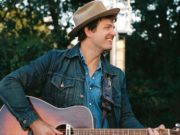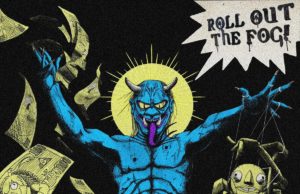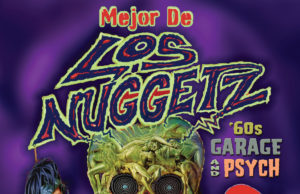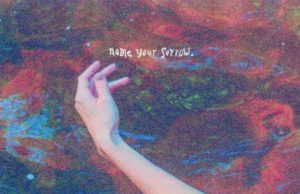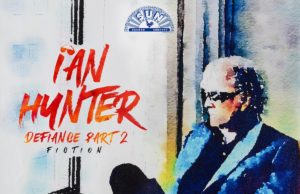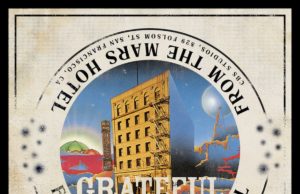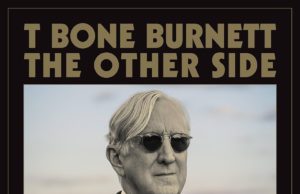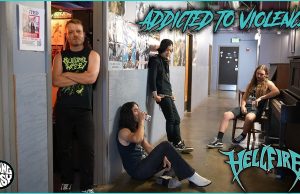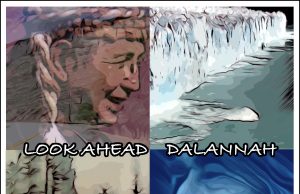Back in 2010, I was in Norway covering a music festival when my editor emailed me in a panic because some doofus had tweeted that Gordon Lightfoot had died. Thankfully, it turned out to be a hoax. Today, however, the inevitable finally happened — the Canadian folk icon has passed away at the age of 84, according to his longtime publicist. In light of that, it seems like a good time to unearth my 2011 interview with him — the first of two times I was lucky enough to speak with him. Here’s how it went:
Waiting for Gordon Lightfoot to write some new songs? Don’t hold your breath. The Canadian folk legend is in no hurry to expand his repertoire — he’s too busy trying to play all the songs he’s already written.
“We’ve had to fight to cycle in a couple of older ones we’ve been dying to do,” explains Lightfoot from his home in Bayview, Ont. “There’s about 10 of them sleeping on the sidelines most of the time. Like Home From the Forest. And Sweet Guinevere, which is a dandy. We’ve got that one back. Then there’s Bitter Green, Cold On The Shoulder, Sit Down Young Stranger, Pony Man … ”
OK, point taken; the guy isn’t exactly hurting for material. Or for work. After some health scares (and one online death hoax) over the past few years, the 72-year-old troubadour is making up for lost time on the road with a schedule that includes a new string of Canadian dates. Before sitting down to watch the NHL playoffs, the laid-back Lightfoot discussed his health, his memoirs and his fingernails.
You sound good for a man who was pronounced dead a year ago.
Well, reports of my death have been greatly exaggerated. Mark Twain said that in 1897.
How is your health these days?
I’m fine. I feel good, but I’m starting to feel a little bit old. At my age, you begin to slow down — you don’t move quite as fast when you walk. And of course, I went through a bit of a problem three or four years ago when I had a mini-stroke that put my right hand out of commission for about five months. But even then, I actually never stopped playing onstage. I would finger the chords with the left hand and just fake it with the right and direct the band with body movements.
You’re working pretty regularly. Did being forced away from the stage make it more urgent for you to get back?
Yes indeed. I really wanted to get back up there. And the kind of energy we’re putting out right now — and the sound we have right now — is probably better than it’s ever been. We’re always working on improving the intonation of these pesky instruments we play. I have the skittish tuning of the 12-string guitar to deal with. And I’ve got two of them, so I spend a lot of time practising. I have my hands on the instrument every day. I’ll be doing it tonight while I’m watching the hockey game. While they’re playing, I’ll get in a two-hour practice. I just run through progressions. I have to strengthen the calluses on my fingers and the nails have got to be the right length because I don’t use any thumbpicks or fingerpicks. I have to watch when I’m running around during the day doing errands or at the gym that I don’t break one of my nails off, because that’s a major disaster when that happens. the fake ones aren’t the same. The older I get the more careful I am with them. They’re part of the tools of my trade. So I keep ’em short because then they’re less likely to break off.
The last show of yours I saw was two sets — the first was all hits and the second was looser. That seems like a winning approach.
Yeah. I like to get out there and get them on my wavelength as quickly as possible. I like to hit them with as many good ones as I can in that first half. It’s almost like coming out and trying to score the first goal in a hockey game. The second half does spread out and space out a little bit. I don’t think it loses any of the intensity. But the first half does go by before you can blink your eyes.
Do you get itchy when you’re off the road for too long?
Yeah, yeah, I do a little bit. But we have regular practices. We practise every other week. You can’t stop practising.
You say you’re not writing any new songs. Don’t you miss it?
Not really. I could be writing. But just doing the concerts is enough for me to think about. We did 81 concerts last year and we’re doing really good. But every night’s another game — you wanna score another goal. But yeah, I do remember the feeling when you would come up with a good one that you felt strongly about. I felt that way about Sundown, for instance. That’s one of the few that I said, ‘Hey, that’s not too bad.’
Don’t you want that feeling again?
Well, I had it several times. But I didn’t have too much time to enjoy it. I’d always be working on the next record. I was under contract; I had to keep stuff coming all the time. As soon as I got one record done, before it was even released, I would be working on the next one. I had to compete. There were just too many Beatles albums and Rod Stewart albums. Even the competition in my own stable at Warner Brothers was unbelievable. Out of 21 artists, I was about 15 on the totem pole. It kept me working, it kept me hustling. It probably ruined two marriages.
Do you think you were overworked?
No, no. I was given lots of latitude by Warner Brothers. I was able to make 14 albums there. Which was all the contracts called for. I had two contract renewals over the time I was with them. When I did the last album in 1998 (A Painter Passing Through), I thought I would stop because the pressure was off. But I had some people ask me if I wanted to do another one and they were so sincere about it that I thought maybe I’ll give it a try. So I had an independent one (Harmony in 2004). But then all of a sudden I got sick and was out for almost two and a half years. During that time we managed to finish that album by using some old old practice tapes that I had made back at the beginning. We salvaged those and sent the boys in to do the overdubbing and all that stuff. I was still in the hospital.
What do you want to be remembered for?
Gee, that’s a heck of a good question. I’ve been asked that before and I always draw a big blank. All I wanna do is get the work done and fulfil my earthly obligation. I’m really lucky to have been able to do this for this long.
How about writing your memoirs?
Maybe I’ll do that if I retire. But I’m not going to be a couch potato.


